La Guardia was a U.S. Latine-ran newspaper that provides information on political and social issues affecting the Mexican American and Puerto Rican communities in Milwaukee.
La Guardia Newspaper (Primary Sources)
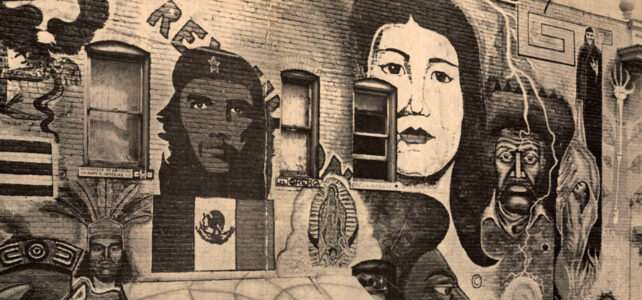


La Guardia was a U.S. Latine-ran newspaper that provides information on political and social issues affecting the Mexican American and Puerto Rican communities in Milwaukee.
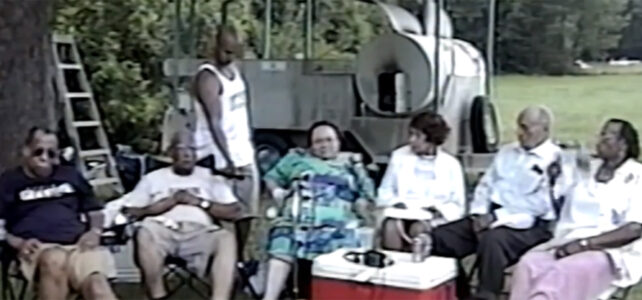
The Shankleville Community Oral History Collection contains photographs, documentation, select interview transcriptions, and 11 oral history interviews conducted by Lareatha H. Clay, founding member of the Shankleville Historical Society, and Dan K. Utley. Shankleville, Texas, is an historic freedom colony located in northcentral Newton County in east Texas.
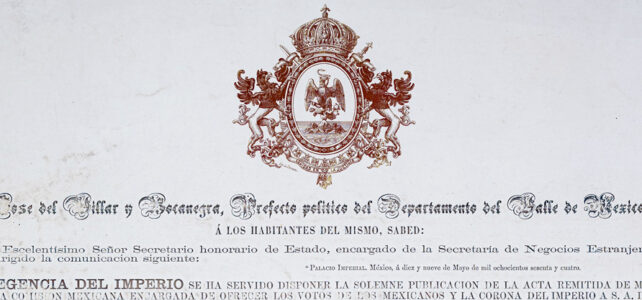
Broadsides and circulars that relate primarily to the history and politics in Mexico, particularly the Mexican War of Independence (1810-1821) and the Mexican Revolution (1910-1920).
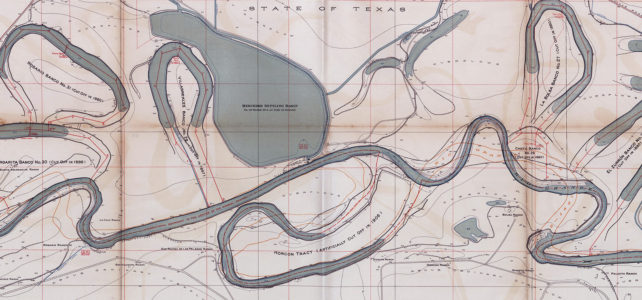
Survey maps of the Rio Grande from Roma to the Gulf of Mexico.
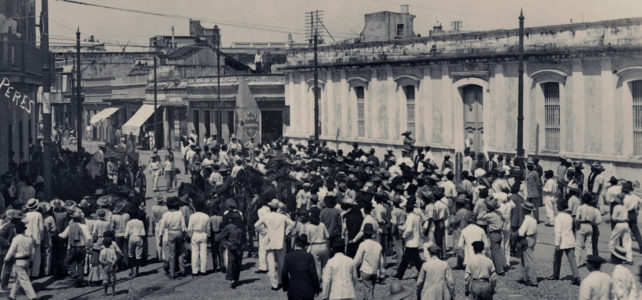
Photographs and other images, mostly from the 19th century, of people and scenes in Mexico.
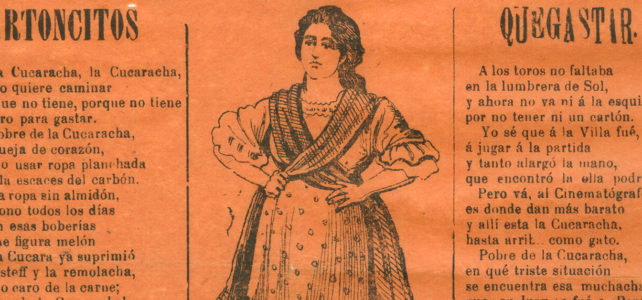
Printed ephemera , some of which are illustrated, mostly discussing topics related to the Mexican Revolution.
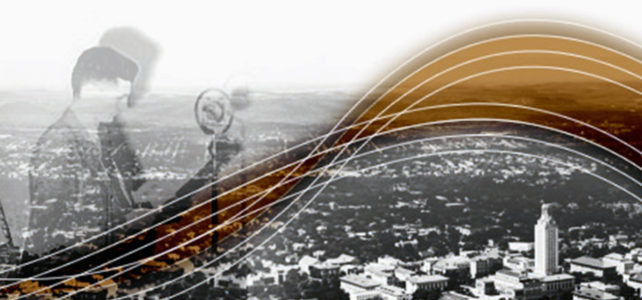
This collection consists of 226 digitally preserved audio programs including interviews, music, and informational programs related to the Mexican American community and their concerns from the radio series “The Mexican American Experience” and “A esta hora conversamos” the Longhorn Radio Network, 1976-1982.
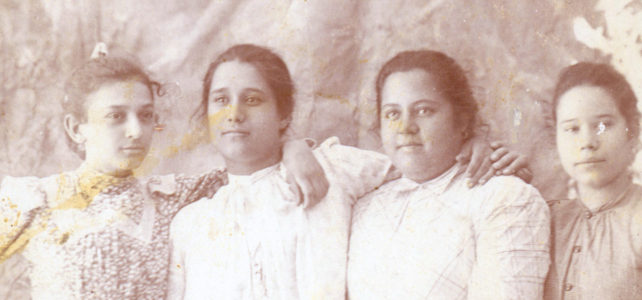
Photographs relating to the Carlos Villalongin Dramatic Company, a Mexican and Mexican American theatrical troupe.
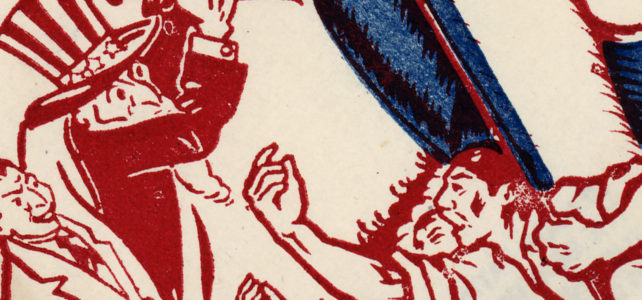
Ephemeral publications collected by Guatemalan bibliophile Arturo Taracena Flores. Most of the publications are “street literature” intended to be read or distributed widely and/or posted in public places, representing a broad range of organizations and interest groups.
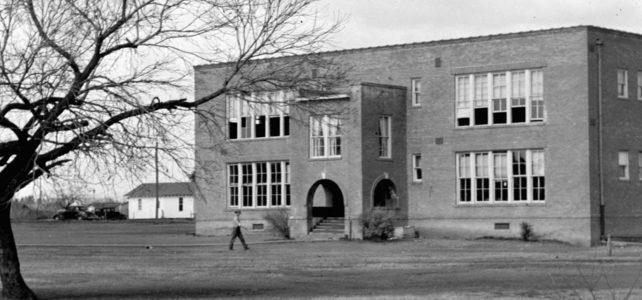
Photographs documenting conditions in Texas schools for Mexican-American children as part of “A Study of the Educational Opportunities Provided Spanish-Name Children in Ten Texas School Systems” (1948), schools in New Mexico, and migrant labor camps in Texas.